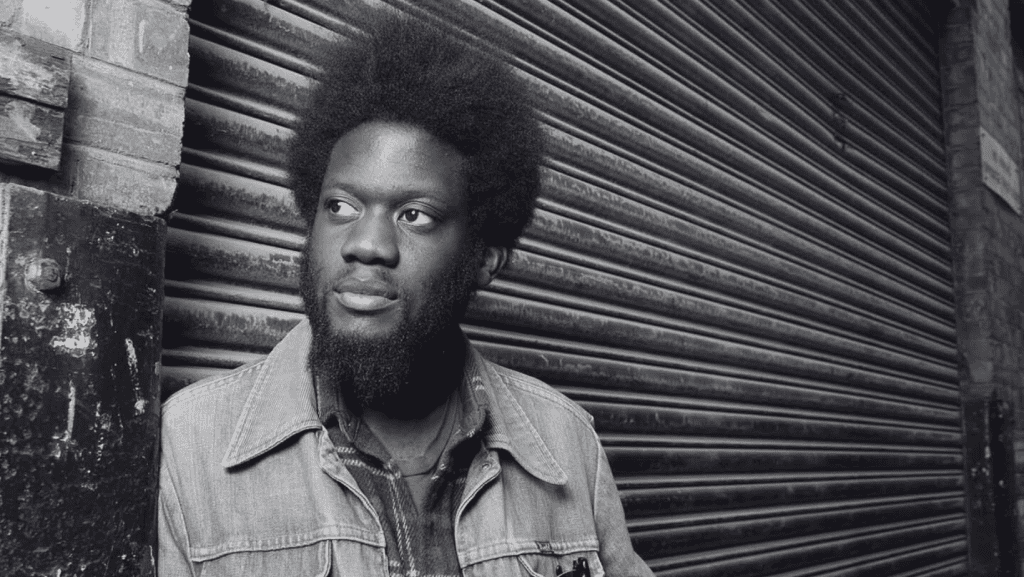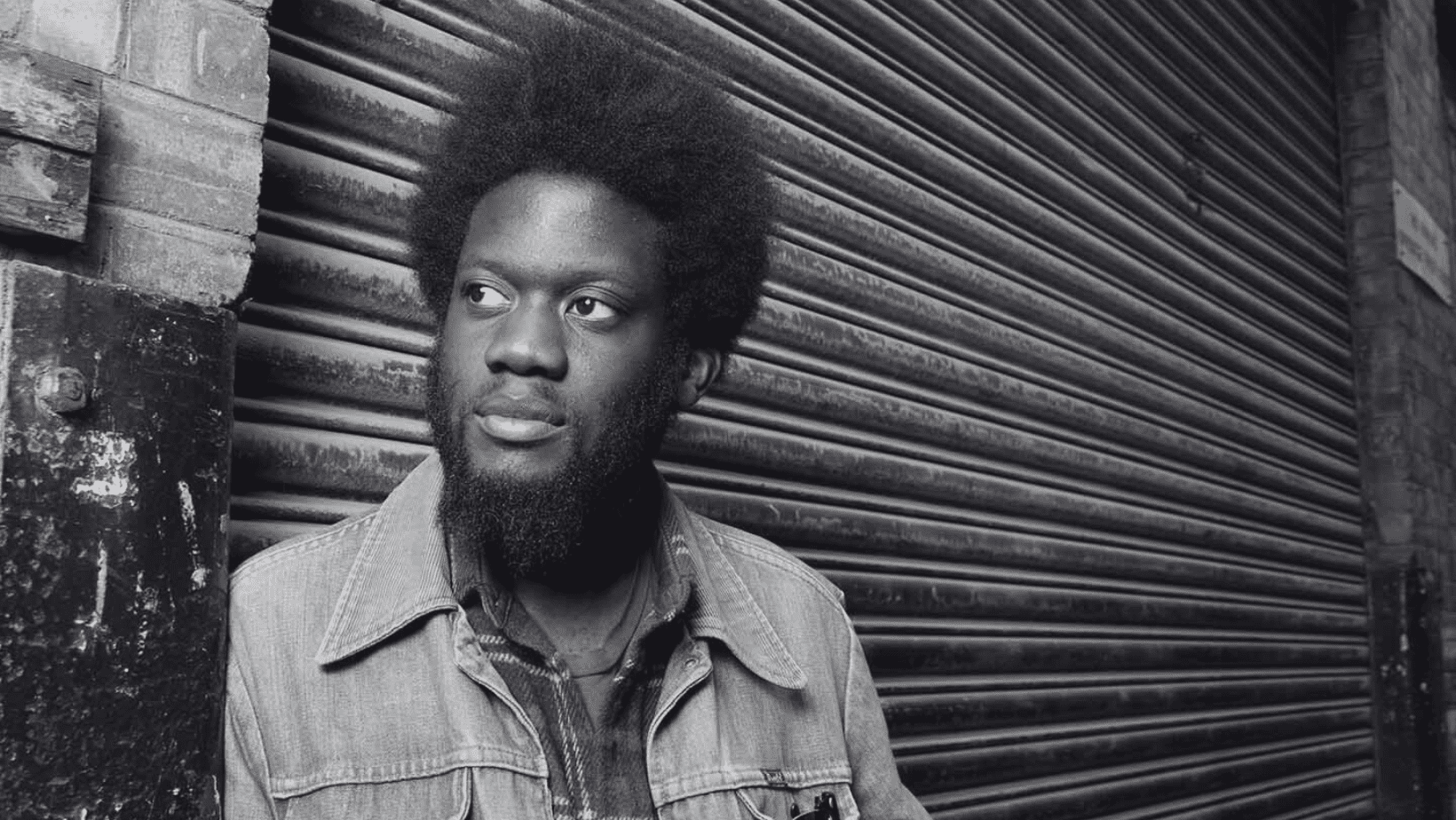

When Michael Kiwanuka won the Mercury Prize in 2020 for his self-titled album Kiwanuka, it was a turning point. After two prior nominations, he hadn’t expected the win to change much—but it did.
“It sort of woke me up,” he admits. “I’d been desperately seeking approval from peers and media. Winning freed me from that and let me focus on making the music that comes naturally.”
The victory held extra weight because Kiwanuka wrestled with themes of self-doubt—as a musician, a Black man, and a partner. External validation didn’t erase his insecurities but gave him perspective. “Instead of beating myself up, I began appreciating how amazing my job is—whether it’s making records or playing Glastonbury’s Pyramid Stage.”
At Glastonbury in June, Kiwanuka embodied this new freedom. Wearing a bright white Ugandan kanzu, he laughed off a technical glitch during a performance of Small Changes. “I heard the crowd cheer, and it lifted me. That fallibility showed them the real me—and that was eye-opening.”
Despite describing himself as a “people pleaser,” Kiwanuka’s music has always defied trends. His thoughtful, introspective sound—inspired by legends like Marvin Gaye and Bill Withers—brought global recognition with tracks like Cold Little Heart and the Mercury-winning Kiwanuka. Now, his new album Small Changes finds him falling back in love with his voice.
“Being able to sing is a blessing,” he says. “I wanted my voice to lead the record.” Produced by Inflo and Danger Mouse, the album is a suite of spacious, slow-burning songs full of introspection and hope. Critics have praised it, with Uncut calling it “rich, moving, and inventive.”
The record reflects life’s subtle transformations—moving cities, becoming a father, and facing middle age. “Small changes solve the problems,” he sings on the title track, exploring themes of friendship, growth, and resilience. “Change can be hard and overwhelming, but it’s part of life,” he reflects.
The biggest change for Kiwanuka has been fatherhood. “It gives me wings but also shifts my priorities. Music was once all-encompassing. Now, family comes first.”
For Kiwanuka, the power of commitment—to family, music, and relationships—is transformative. “Sticking with something through to the end is rare today, but it’s what I want to hold on to.”

